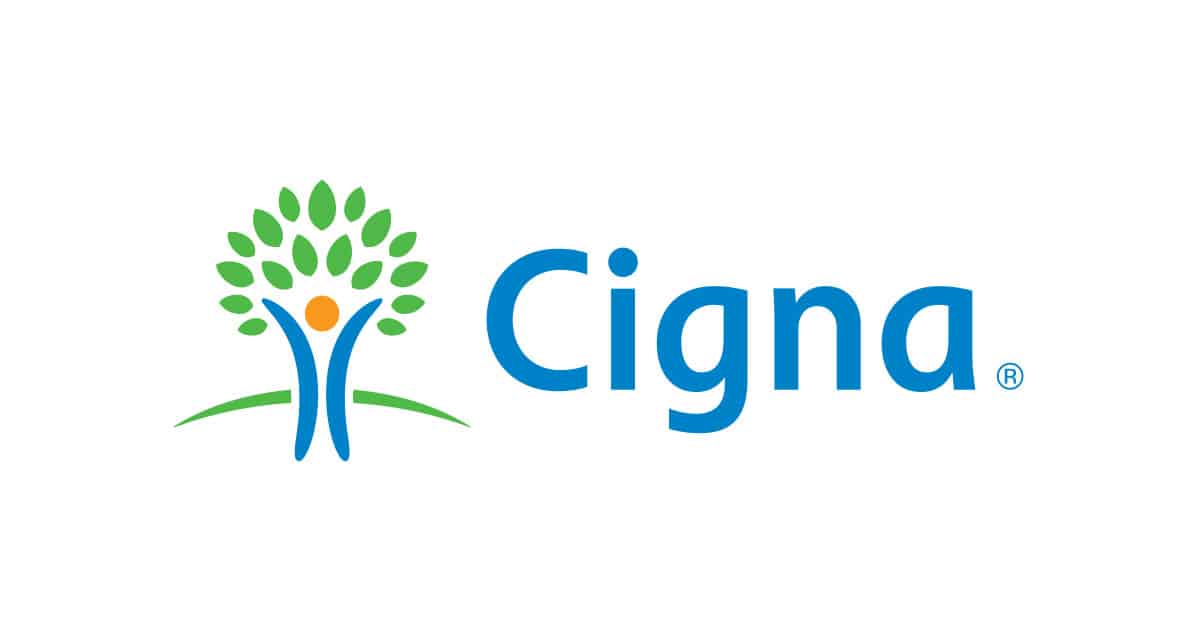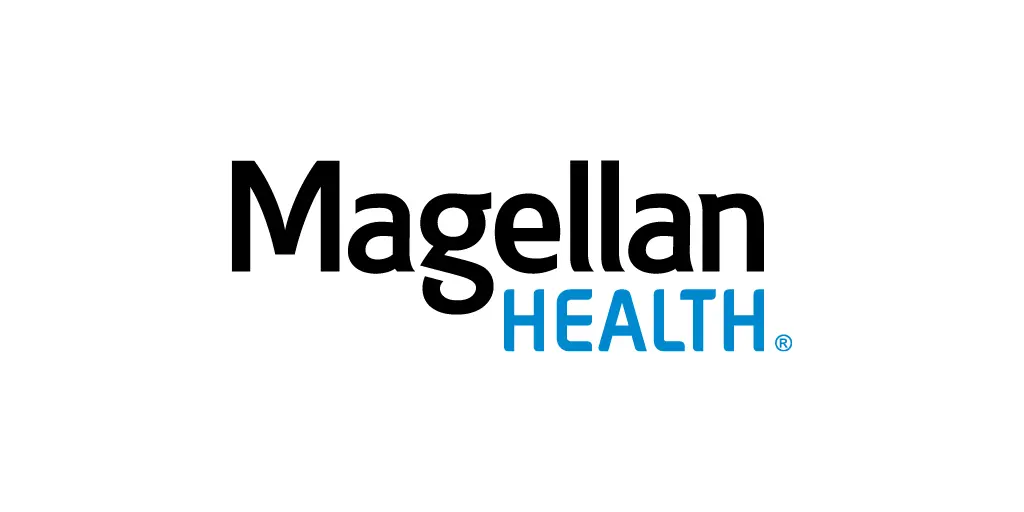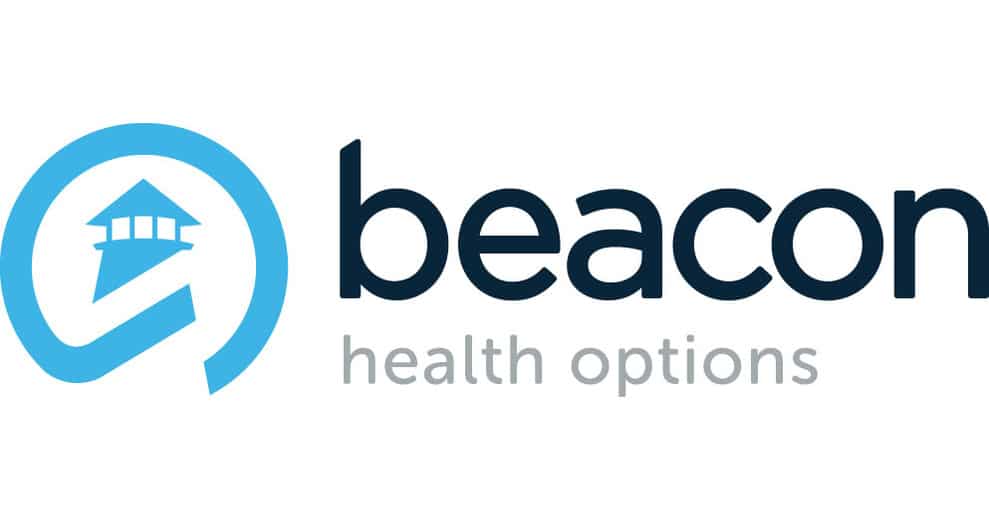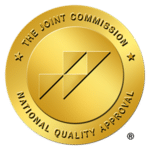Table of Contents
Motivational interviewing is a therapeutic technique aimed at assisting individuals in discovering their own drive to enact positive changes in their behavior. This method, centered around the client, is especially beneficial for those who are ambivalent about making changes to their habits.
What is Motivational Interviewing?
Motivational Interviewing (MI) is a compassionate, supportive counseling method focused on encouraging personal growth and change. This approach, as outlined in Behavioral and Cognitive Psychotherapy, is a purposeful, client-focused way of engaging individuals to address and navigate their uncertainties towards change.
MI operates on principles of empathy and understanding, avoiding any form of judgment, confrontation, or coercive tactics. It’s about empowering you to uncover your own reasons and willpower to alter behaviors that no longer serve your wellbeing. Through MI, the journey is yours to define, focusing on crafting a life that aligns with your values and aspirations.
Originally developed to tackle issues related to alcohol and drug use, MI’s creators, Stephen Rollnick and William R. Miller, expanded its scope in their comprehensive guide, “Motivational Interviewing: Preparing People for Change.” They demonstrated MI’s versatility across a broad spectrum of settings including healthcare, mental health, educational institutions, and social services. Today, MI is employed by therapists and healthcare professionals in various fields to support individuals facing a wide range of challenges such as eating disorders, suicidal ideation, smoking cessation, gambling, hoarding, and managing chronic health conditions like diabetes, heart disease, and asthma. This adaptable counseling technique stands as a beacon for those seeking to embrace positive life changes amidst ambivalence.
How Does Motivational Interviewing Work?
Motivational Interviewing is a technique that assists individuals in overcoming the reluctance or indecisiveness that hinders them from pursuing healthier lifestyle choices. Its fundamental aim is to transform ambivalence into a clear and strong motivation for action.
Take the instance of someone grappling with substance abuse: they are often aware of the risks and acknowledge that ceasing their use would be beneficial. However, the internal conflict between understanding these risks and the desire to continue using leads to a stalemate of inaction, thus perpetuating the cycle of abuse.
Through motivational interviewing, a collaborative and encouraging dynamic is formed between the therapist and the client. This approach empowers the client to foster a more positive outlook towards change, enabling them to take constructive steps towards overcoming their addiction. Therapists employ a range of strategies to encourage this transformative process, paving the way for clients to actively engage in their recovery journey.
Motivational Interviewing Techniques
Motivational interviewing thrives on a conversational approach that prioritizes open dialogue between the therapist and the client, establishing a foundation of empathy and facilitating in-depth discussions.
Developed by Miller and Rollnick, certain key strategies enhance the efficacy of motivational interviewing in therapeutic settings, outlined as follows:
Encourage Open Dialogue Through Questions
The essence of motivational interviewing lies in fostering open communication while steering clear of premature conclusions. By posing open-ended questions, therapists invite clients into meaningful conversations, ensuring the dialogue unfolds naturally and at a pace that feels right for the client.
Engage in Reflective Listening
A critical aspect for therapists is to embody empathy through reflective listening, which involves active listening paired with thoughtful responses and engagement. Reflective listening involves the therapist absorbing what the client says and then mirroring it back to confirm understanding, thereby deepening the empathetic connection and encouraging further open dialogue.
Utilize Affirmations
Offering affirmations supports clients in building self-assurance. Essential for motivating clients towards change, affirmations validate their experiences and the efforts they’re making towards improvement. Examples include:
- “Acknowledging the difficulty in seeking help shows tremendous courage on your part.”
- “Your willingness to confront this issue is commendable.”
- “It shows great strength to manage this challenge daily while moving forward.”
Elicit Self-Motivational Statements
A therapist aims to inspire the client to voice their own motivations for change. This involves guiding the client to articulate personal concerns and aspirations for a better future, thus laying the groundwork for actionable steps towards change. Encouraging clients to expand upon or detail their experiences can foster self-motivation.
Apply Reframing Techniques
Reframing is a versatile technique across therapy models, especially pivotal in motivational interviewing. It helps clients view problems or negative situations through a new, more positive lens. For instance, transforming a client’s perception of criticism about their drinking from a partner into an acknowledgment of concern and care from the partner offers a new perspective and motivation for change.
These foundational techniques of motivational interviewing create a supportive and empathetic environment, encouraging clients to explore and resolve ambivalence towards behavioral change.
Motivational Interviewing Benefits for Mental Health
Motivational interviewing has emerged as a highly effective approach in addressing mental health issues, which is why it is a key component of our treatment program at the residential mental health facility in Atlanta, GA. This technique has shown remarkable success in supporting patients through their recovery journey.
Key advantages of motivational interviewing in managing mental health include:
- Encouraging patients to envision a life free from the grips of substance abuse or mental health challenges.
- Empowering patients to recognize their capacity for self-directed change.
- Providing a platform for patients to articulate and work through their issues.
- Enhancing patient openness and responsiveness to treatment.
- Unearthing patients’ inner drive for making essential life adjustments and understanding the importance of these changes.
- Fostering self-accountability in patients.
- Bolstering self-esteem and fostering a trustful relationship with oneself.
Research underscores the efficacy of motivational interviewing in enhancing treatment outcomes, noting a 75% success rate in treating psychological disorders. Specifically, in combating depression, motivational interviewing has been linked to more positive developments in depression severity and a higher rate of remission compared to conventional depression management strategies.
Given its broad spectrum of benefits and effectiveness, motivational interviewing is utilized by therapists not only to motivate individuals away from substance abuse but also to assist those with mental health conditions in better managing their symptoms. Incorporating this therapeutic method at the heart of your treatment plan can significantly improve your chances of leading a fulfilling, addiction-free life.
Motivational Interviewing for Substance Abuse Treatment?
Motivational Interviewing plays a crucial role in helping individuals critically evaluate their substance use, including drugs or alcohol. It encourages reflection on the impact of their usage and their willingness to embrace change. MI’s effectiveness lies in its client-centered approach, which prioritizes the individual’s freedom and capacity to direct their own path to recovery.
In the realm of substance abuse treatment, MI incorporates strategies such as reflective listening, posing open-ended questions, and employing tools like a readiness ruler to gauge a client’s willingness to change. This approach eschews confrontation and judgment, aiming instead to facilitate clients’ self-led journey towards cessation or reduction of substance use.
Benefits of Motivational Interviewing for Addiction Treatment
Motivational Interviewing brings numerous advantages to addiction treatment, including:
- Fostering Intrinsic Motivation: MI aids individuals in uncovering and bolstering their internal drive for change, solidifying their commitment to the recovery process.
- Non-Confrontational Method: By avoiding direct confrontation, MI minimizes resistance and defensiveness, offering a supportive space for clients to discuss their addiction.
- Tailored to the Individual: Acknowledging each client’s unique situation and objectives, MI facilitates more customized and effective treatment plans.
- Enhancing Engagement: The respectful, empathetic approach of MI increases the likelihood of clients staying actively involved in their treatment.
- Evidence of Success: Research supports MI’s effectiveness, showing it can significantly reduce substance use and contribute to enhanced overall well-being.
Key Open-Ended Questions in Motivational Interviewing
Motivational Interviewing utilizes thought-provoking questions designed to encourage deep self-exploration and autonomous decision-making, including:
- What matters most to you?
- In what ways do your current behaviors not align with your core values?
- What steps would you consider taking towards change?
- How does your substance use stand in the way of achieving your dreams?
- Can you describe your vision of change?
- Why do you feel it’s crucial to initiate this change now?
- Imagine a future without this challenge; what does it look like?
- How do you integrate MI with other therapeutic approaches?
Integrating Motivational Interviewing with Other Therapeutic Techniques
While Motivational Interviewing stands as a powerful approach on its own for both individual and group sessions, it’s frequently enhanced by integrating elements from various therapeutic disciplines. These can include Cognitive Behavioral Therapy, Gestalt Therapy, Solution-Focused Therapy, or Mindfulness-Based Cognitive Therapy, creating a multifaceted treatment framework that addresses the complexities of each client’s situation.
Getting Help For Mental Health and Addiction in Atlanta Today!
If you or a loved one is navigating the journey of mental health improvement or overcoming addiction, Motivational Interviewing in Atlanta, GA, can offer the support and direction needed for meaningful change. This client-centered approach empowers individuals to find their own path to recovery, aligning their actions with their values and goals. Don’t let the struggle control your life any longer. Contact West Georgia Wellness Center today at 470-339-7987 to discover how Motivational Interviewing can help you or your loved one take confident steps toward a healthier, substance-free future. Embrace the chance for transformation and healing—your journey to wellness begins with this crucial step.














